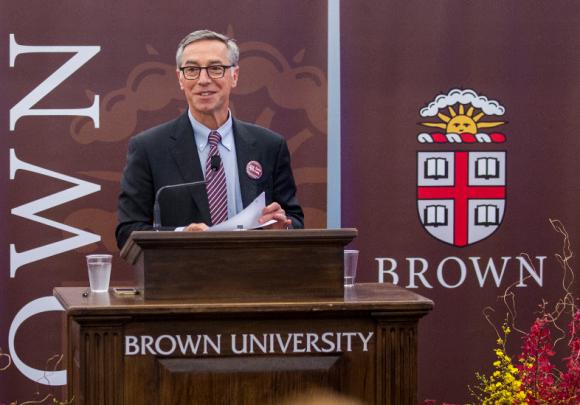The epithelial-mesenchymal transition, or EMT, is a process by which more docile epithelial cells transform into more aggressive mesenchymal cells. Tumors with higher numbers of mesenchymal cells are often more malignant and more resistant to drug therapies. The new technique combines microscopic imaging with a machine learning algorithm to better identify and distinguish between the two cell types in laboratory samples.
“We know that there are these different cell types interacting within tumors and that therapeutics can target these cells differently,” said Susan Leggett, a doctoral student in Brown’s pathobiology graduate program and lead author of a paper describing the technique. “We’ve developed a model that can pick out these cell types automatically and in an unbiased way. We think this could help us better understand how these different cell types respond to drug treatment.”


